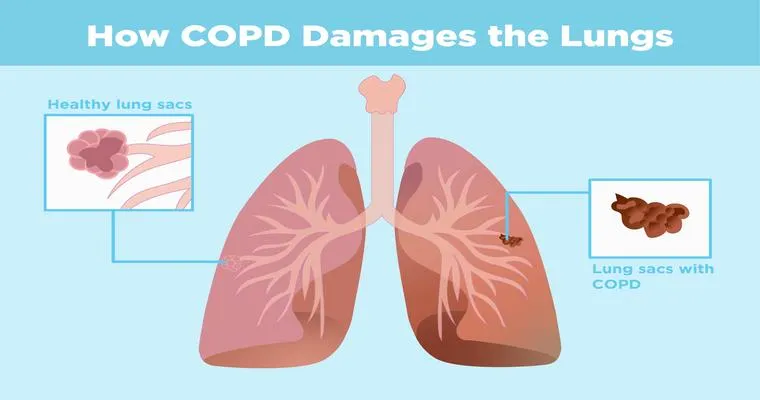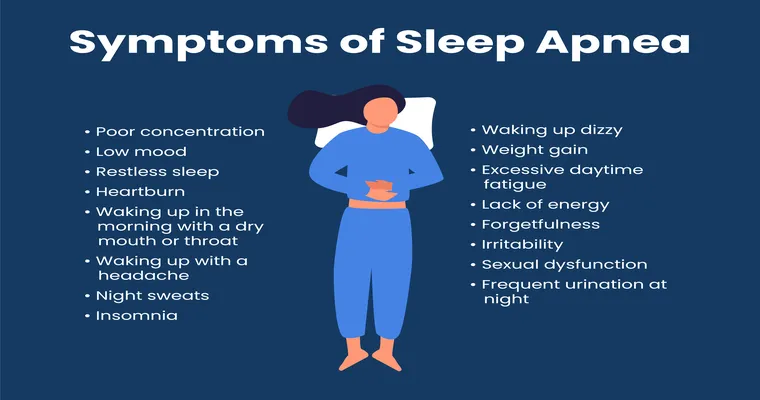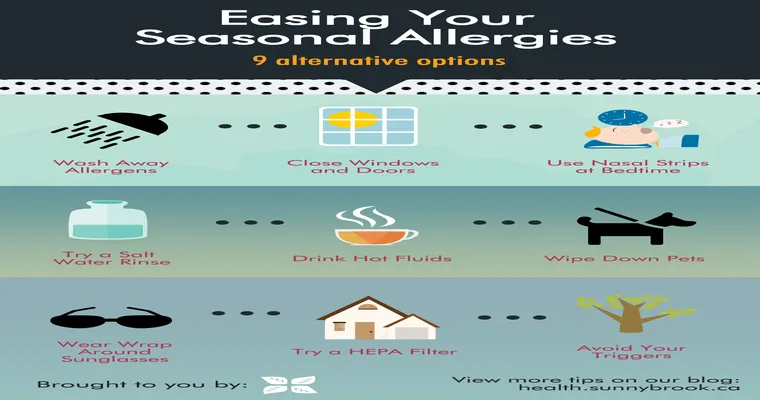Chronic Obstructive Pulmonary Disease, commonly known as "COPD", is a progressive lung disease that affects millions of people worldwide. Many individuals living with COPD are unaware of the critical factors that can significantly impact their health and quality of life. Understanding the "symptoms", "causes", and "management strategies" for COPD is essential to prevent complications and improve overall well-being. In this article, we will explore the crucial aspects of COPD that you might not know, which can ultimately hurt you if overlooked.
COPD is primarily caused by long-term exposure to harmful substances, with tobacco smoke being the leading culprit. However, many people do not recognize that other irritants, such as "air pollution", "chemical fumes", and "dust", can also contribute to the development and progression of this disease. Recognizing these risk factors is the first step toward preventing or managing COPD effectively.
One of the most common misconceptions about COPD is that it only affects older adults. While the disease is more prevalent among older populations, younger individuals can also develop COPD, especially if they have a history of smoking or exposure to harmful pollutants. Early diagnosis is crucial, as it allows for timely intervention and management. If you experience symptoms such as persistent cough, shortness of breath, or wheezing, it is vital to consult a healthcare professional for proper assessment and diagnosis.
Another critical aspect of COPD that many people overlook is the importance of "pulmonary rehabilitation". This comprehensive program involves a combination of education, exercise, and support designed to help individuals manage their condition more effectively. Engaging in pulmonary rehabilitation can enhance physical endurance, improve overall health, and significantly reduce hospitalizations. Unfortunately, many patients fail to take advantage of these programs due to a lack of awareness or misconceptions about their efficacy.
In addition to pulmonary rehabilitation, proper medication management is essential for controlling COPD symptoms. Many patients are unaware of the various medications available, such as bronchodilators and corticosteroids, that can help open airways and reduce inflammation. Understanding how to use these medications effectively and adhering to prescribed treatment plans can significantly improve quality of life for those with COPD.
Moreover, lifestyle changes play a crucial role in managing COPD. Many individuals underestimate the impact of "nutrition", "exercise", and "smoking cessation" on their health. A balanced diet rich in vitamins and minerals can support lung function and overall health. Regular physical activity, even in mild forms, can enhance lung capacity and improve endurance. Quitting smoking is paramount; it is never too late to stop, and doing so can dramatically slow the progression of COPD.
Lastly, it is essential to stay informed about the latest research and advancements in COPD management. Many patients are unaware of new treatments and therapies that can help improve their condition. Joining support groups or following reputable health organizations can provide valuable information and resources.
In conclusion, the phrase "What you don't know can hurt you" rings particularly true for those living with COPD. Understanding the disease, its risk factors, and effective management strategies is vital for improving health outcomes. By staying informed and actively participating in your care, you can take significant steps toward living a healthier, more fulfilling life despite COPD. Don't let ignorance hold you back; empower yourself with knowledge and take control of your health today.





